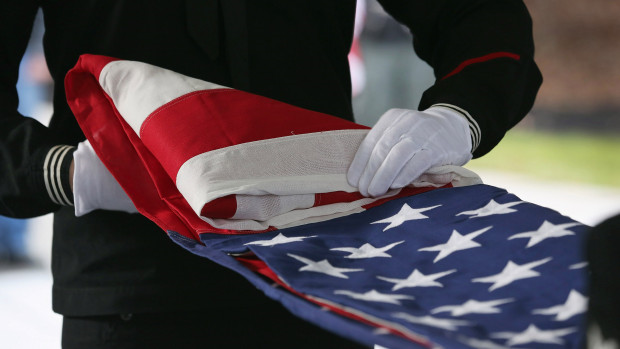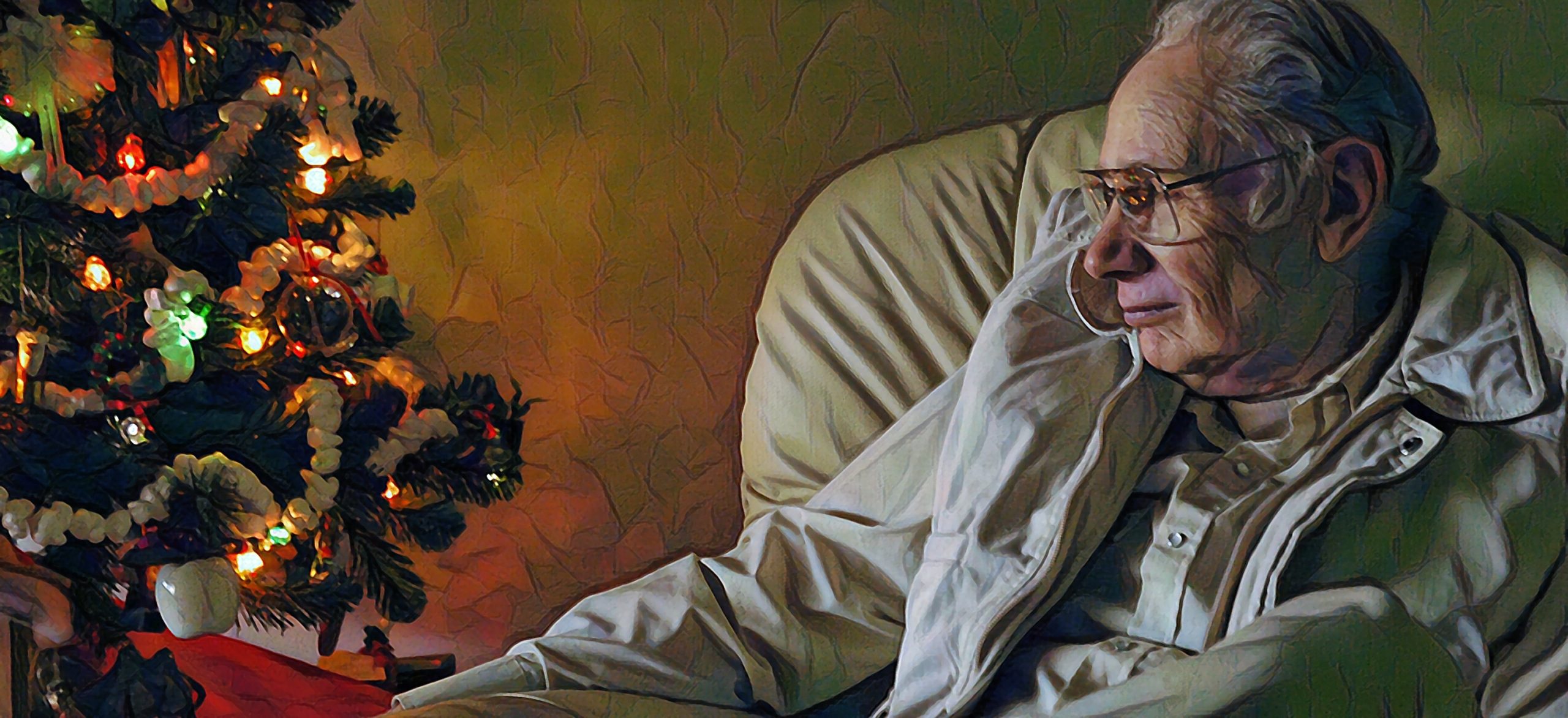On Veterans Day we remember all those brave men and woman who proudly served their country. It’s a day of pageantry, parades, American flags, and celebrations of battles won and bravery exhibited.
For families of the fallen—especially those who have lost a loved one to suicide—it can be a day filled with complex emotions.
We are proud that our family member was one of the less than 1% who volunteered to put their life on the line for our country. We hold close that picture of them standing tall in their uniform, and will forever remember the day they joined. We look back on their service and wish they could have received the care they needed when the many stressors of military life became too much.
On Veterans Day, military survivors of suicide loss often worry about our veterans. We wonder if they are suffering like our loved one did, and we wish that we could make changes.
My husband joined the Marine Corp because he loved his country and wanted to do something important. He was patriotic, loyal, and passionate. He prided himself on being able to push through adversity and lived by military mottos such as: “Pain is weakness leaving your body” – “Death before dishonor” and “You’re only as strong as your weakest link.” In boot camp he sprained his ankle very badly but didn’t want to be seen as weak so he duct-taped it up and pushed through. He graduated top of his class and was offered a flight school spot. He excelled in flight school and we were stationed in North Carolina where he would fly Cobra, attack helicopters.
He loved his job, but it was highly competitive and very stressful. During our time there John deployed twice, we had two children, a new mortgage, and were hit by a hurricane twice. More difficult than any of these things was the fact that the squadron suffered multiple aviation accidents. John lost many of his peers and began to fear that he would make a mistake that would cost someone their life. He started having anxiety about flying his aircraft and unresolved trauma and loss from an accident in high school started to haunt him.
As a military spouse, I was very worried about him but knew that if I told anyone it might end his career as a pilot. I feared asking for help would make things worse. My husband would see it as a betrayal.
Finally, we talked to a senior officer who advised us to take time off and push through the depression and anxiety. He warned us not to seek professional care or take meds because it would look bad in his record. John was able to push through his pain and return to duty, but the lessons learned would prove to be deadly. John thought depression was a weakness in him. Something to be ashamed of and hide from. I learned that John could pull himself out of a depression and became even more resistant to seeking outside help.
My husband served ten more years, and was a respected leader in his field, promoted several times. He worked successfully, with some emotional and physical pain, up until he experienced combat. In 2004, John deployed to Iraq and flew over 75 combat missions. He was, by all accounts, a fearless leader and skilled pilot, but when he returned home, the demons returned as well. John had trouble sleeping and he didn’t enjoy the things he used to love. He was impatient with our children and withdrew from his family and friends. We talked about getting help but once again John worried that it would change the way people viewed him and negatively affect his career.
Three months after returning from Iraq, my husband died by suicide. I have spent the last ten years trying to understand my own loss and gathering information from other families in hopes of preventing suicides. Suicide is a very complex event with multiple contributing factors. In hindsight, everything is so much clearer. We have new information and a fuller picture of what our loved one was facing. I wish I would have done more, but I did the best I could with the information and pressures I had at the time.
I have forgiven myself for not knowing how much pain my husband was in, and I have forgiven my husband for being too proud to get help.
I now work for an organization called TAPS or the Tragedy Assistance Program for Survivors. We are a national non-profit that provides comprehensive, peer-based support to all those who are grieving a death in the military. I have built programming specifically for survivors of military suicide. After my own loss, I was desperate to talk to some else who had been through this. Studies show that peer-based support is one of the top things that help survivors heal.
The Alliance of Hope and TAPS join together this Veterans Day to honor all those service members and veterans who have lost their life to depression, PTSD, TBI, moral injuries, and anxiety disorders. We honor all those military families who served and sacrificed too. You are not alone. Together we will get through this, and together we will continue to raise awareness about veteran suicide. On this Veterans Day I encourage you to remember the love, celebrate the life, and share the journey.
Kim Ruocco is Vice President of Suicide Prevention and Postvention: Tragedy Assistance Program for Survivors (TAPS)




